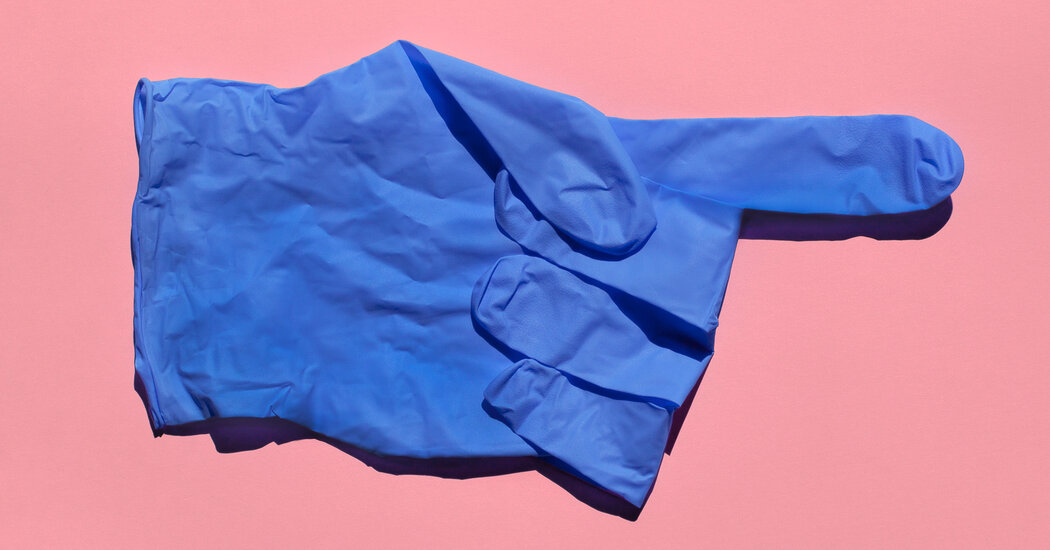
Ms. Lembersky has also had luck with Italian-language resources like Salute Lazio, which has a map of pharmacies that conduct virus tests in the region of Lazio, as well as MedInAction, where users can book testing “house calls” throughout Milan and Rome.
Meanwhile, the travel medicine company AmbiMed maps out — and allows users to book — coronavirus tests throughout The Boot.
Certain U.S. Embassy websites can also be useful, but the information is by no means uniform, and travelers may need to click around. The website for Spain, for example, has a seven-page document in English with testing locations organized by region, while the website for Switzerland directs users to another site, with a list of testing sites by Swiss canton. The website also offers English-language links for the Swiss Department of Public Health.
Regardless of where your research lands you, be sure to book tests in advance, to be administered no more than three days before the return flight. (And starting in November, one day before flying for those unvaccinated Americans.) Triple-check that the final results contain the information required by the Centers for Disease Control and Prevention.
Whereas many E.U. countries are allowing residents to be tested for free, visitors will likely have to pay somewhere in the range of $25 to $100 per test, with antigen tests generally less expensive than P.C.R. tests. France, for example, is charging foreigners 29 to 49 euros (around $34 to $57).
Weigh the pros and cons of “home” or self-tests.
Most major airline websites now include information about how passengers can order F.D.A.-approved, in-home tests before their flights. Some, like American Airlines, are also offering discounts on certain brands, like Qured.
The State of Vaccine Mandates in the U.S.
-
- Vaccine rules. On Aug. 23, the F.D.A. granted full approval to Pfizer-BioNTech’s coronavirus vaccine for people 16 and up, paving the way for mandates in both the public and private sectors. Such mandates are legally allowed and have been upheld in court challenges.
- City workforces. Starting on Nov. 1, New York City will require vaccination for all city workers — including police officers, firefighters and sanitation workers. San Francisco set a similar mandate for its city workers that also goes into effect Nov. 1. In many cities across the U.S., including Chicago, friction between governments and law enforcement unions over vaccine requirements for police officers has led to contentious public clashes.
- Schools. California became the first state to issue a vaccine mandate for all educators and to announce plans to add the Covid-19 vaccine as a requirement to attend school, which could start as early as next fall. Los Angeles already has a vaccine mandate for public school students 12 and older that begins Nov. 21. New York City’s mandate for teachers and staff, which went into effect Oct. 4 after delays due to legal challenges, appears to have prompted thousands of last-minute shots.
- College and universities. More than 400 colleges and universities are requiring students to be vaccinated against Covid-19. Almost all are in states that voted for President Biden.
- Hospitals and medical centers. Many hospitals and major health systems are requiring employees to get vaccinated. Mandates for health care workers in California and New York State appear to have compelled thousands of holdouts to receive shots.
- Indoor activities. New York City requires workers and customers to show proof of at least one dose of the Covid-19 for indoor dining, gyms, entertainment and performances. Starting Nov. 4, Los Angeles will require most people to provide proof of full vaccination to enter a range of indoor businesses, including restaurants, gyms, museums, movie theaters and salons, in one of the nation’s strictest vaccine rules.
- At the federal level. On Sept. 9, President Biden announced a vaccine mandate for the vast majority of federal workers. This mandate will apply to employees of the executive branch, including the White House and all federal agencies and members of the armed services.
- In the private sector. Mr. Biden has mandated that all companies with more than 100 workers require vaccination or weekly testing, helping propel new corporate vaccination policies. Some companies, like United Airlines and Tyson Foods, had mandates in place before Mr. Biden’s announcement.
Reflecting on a recent trip to France, a Times reader named Allison wrote me to say she believed that buying self-tests through United’s Travel-Ready Center would have been a better move than what she encountered:
“We had to make an appointment with a lab and then drive over an hour each way,” she wrote. “The labs are closed on weekends; with an early-morning flight on Tuesday, we had to get tests on Monday. The tests cost $75 each and while the results were emailed to our phones, the results were in French and we did not receive them until late Monday evening.”





